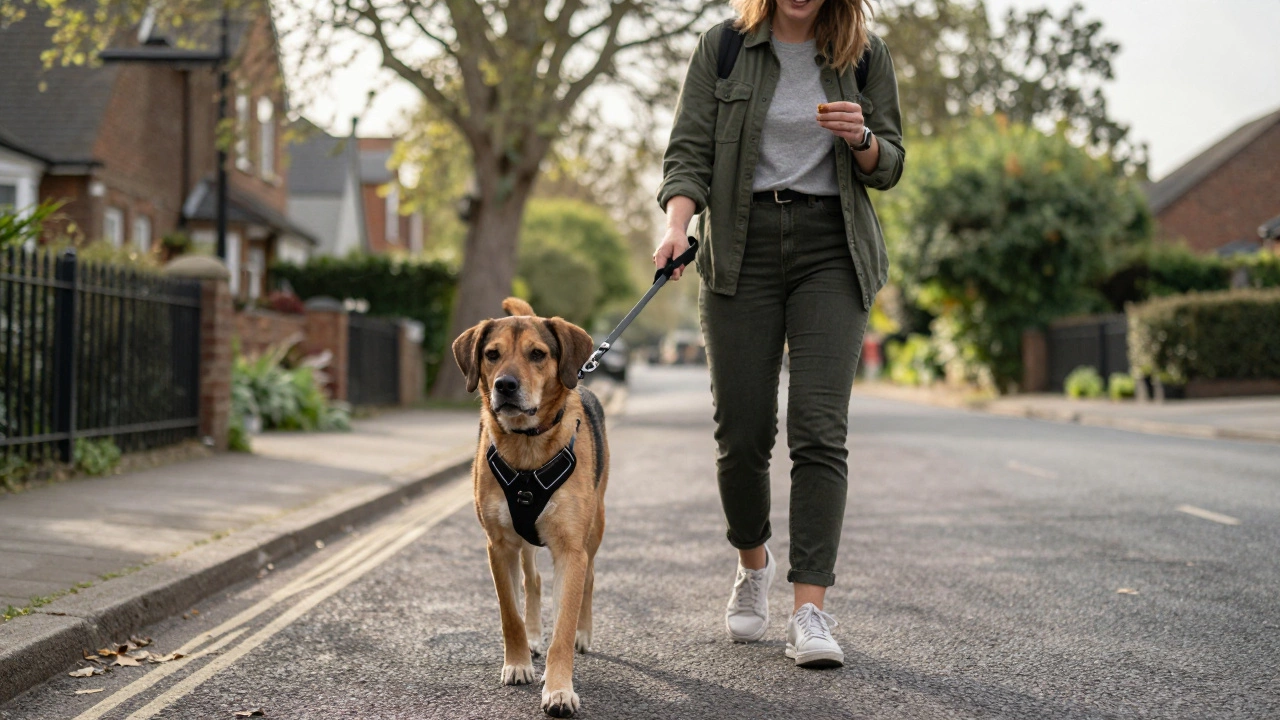Pet Health Guide: Vaccines, Vitamins and Everyday Care
Keeping your dog healthy doesn’t have to feel like a full‑time job. The right mix of vaccinations, nutrients and simple daily habits can save you money and give your pet a longer, happier life. Below you’ll find straight‑forward advice you can start using today, whether you’re a first‑time owner or have a whole pack at home.
How Much Does a Dog Vaccine Really Cost?
Many owners wonder if buying vaccines themselves is cheaper than a vet visit. The short answer: not really, unless you’re a trained professional. A single puppy vaccine from a reputable pharmacy can cost between £15‑£30, but you’ll also need syringes, proper storage, and a way to confirm the shot was given correctly.
When you add the cost of a vet’s expertise – checking for reactions, updating records and giving a clean, safe environment – the price gap narrows quickly. A typical core vaccine package at a local clinic runs £45‑£70, which usually includes a health check and a follow‑up reminder.
If saving cash is a priority, talk to your vet about bulk‑vaccination discounts or payment plans. Some practices in South Tyneside offer seasonal promotions that cut the price by up to 20%. Remember, the risk of a botched shot can lead to illness, extra vet bills, and more stress for you and your dog.
Essential Vitamins Every Dog Needs
Just like us, dogs thrive on a balanced diet rich in key vitamins. Vitamin A supports vision and skin, while B‑complex vitamins keep energy levels steady. Vitamin C isn’t essential for dogs because they make it themselves, but antioxidants from fresh foods can boost immunity.
Vitamin D helps with calcium absorption, crucial for strong bones. Too little can cause soft‑bone disease; too much can be toxic, so stick to the dosage on the supplement label or your vet’s recommendation.
Omega‑3 fatty acids, often listed under vitamin E benefits, keep coats shiny and joints supple. A simple way to add them is by mixing a teaspoon of fish oil into your dog’s meal a few times a week. If you’re feeding a high‑quality commercial diet, you may already be covered, but it never hurts to double‑check the label.
Want a quick checklist? Look for a supplement that includes vitamins A, B12, D3, E and a dose of omega‑3. Pair it with a diet that has real meat, veggies and whole grains, and you’ll hit the sweet spot for most healthy adult dogs.
While supplements can fill gaps, they aren’t a substitute for regular vet check‑ups. Your vet can run blood work to spot any deficiencies early and adjust the plan accordingly. It’s a simple step that keeps costly health problems at bay.
Bottom line: weigh the cost of DIY vaccines against the peace of mind a vet provides, and don’t overlook the power of proper nutrition. With a few smart choices, you’ll keep your dog thriving without breaking the bank.
Is It Cheaper to Vaccinate Dogs Yourself? Breaking Down Pet Vaccination Costs
Thinking about vaccinating your dog yourself to save some cash? This article breaks down the real costs of DIY dog vaccinations compared to visiting the vet. We’ll cover what you actually need to buy, how the prices stack up, and what you could be risking. Read on for practical tips, honest insights, and what really matters when it comes to your dog’s health and your wallet.
Essential Vitamins for Optimal Dog Health
In the bustling world of dog health, vitamins play a crucial role in balancing and enhancing your pet's wellbeing. Just like humans, dogs require several essential vitamins to maintain optimal health and vitality. In this article, we explore the most important vitamins dogs need, their benefits, and tips on how to ensure your furry friend receives a balanced diet. Understanding these nutrients is fundamental for any pet owner striving to provide the best care for their canine companion. Dive into this informative guide to learn more about keeping your dog healthy and happy.







